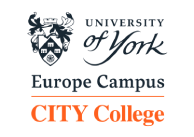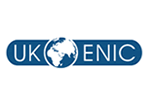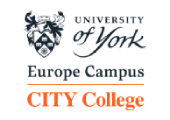Description of the programme
Following what has been dubbed as the ‘migrant crisis’ in Europe (2014-2016), policy makers, NGOs, academics, as well as national and international configurations have largely approached the issue of migration through the prism of an emergency situation, which needed to be ‘handled’. Almost a decade later human rights are beginning to take a more central role in migration debates, be it scholarly or policy related. Europe is still dealing with human rights related issues from push-backs to inadequate integration policies, such as the rights of migrants and refugees to health, education and housing. In these areas, judicial courts and politicians have sometimes found themselves in a tense relationship as lawyers have sought to uphold migrants’ rights. Furthermore, continued migration flows or the potential future arrivals of sanctuary seekers into Europe continue to stem from various geographical locations, such as Sub-Saharan Africa, Ukraine and, as of late, Gaza. The underlying factors of current migration flows vary from conflict and territorial invasion to social unrest, poverty and unequal development.
Building on the previous five annual migration summer schools on migration and crises and migration and solidarity, the 6th summer school on global displacement, human rights and unequal development, focuses on critical humanitarianism and the limitations posed on the migrants’ ability and even ‘right’ in the eyes of the public to express and perform parts of their identity beyond that of refugees or asylum seekers. Framing migration from the purview of human rights challenges this problematic prioritisation of ‘status’ over a more holistic approach of migrants as social entities, allows for social justice, equity and equality to emerge as a great equalizer and aligns with more recent development agendas of national and transnational configurations to firmly embed human rights in their strategies and programmes.
In line with the above, the 6th annual Migration Summer Schools tries to tackle questions such as the following:
- How can Human Rights be meaningfully integrated into migration and development?
- What role can legal and social frameworks play in protecting the rights of internally or cross-bordered displaced people?
- How does ‘statelessness’ challenge human rights? What cross-national or international frameworks can facilitate access to citizenship?
- How are subjects of humanitarianism constructed, and how do migrants construct their own subjecthood as rights claimants?
The Summer School is also designed to address aspects of researching human rights and migration looking at aspects such as
- The researcher’s positionality in studying human rights;
- Ethical considerations in human rights and migration research
- Participatory methods in human rights, development and migration studies








